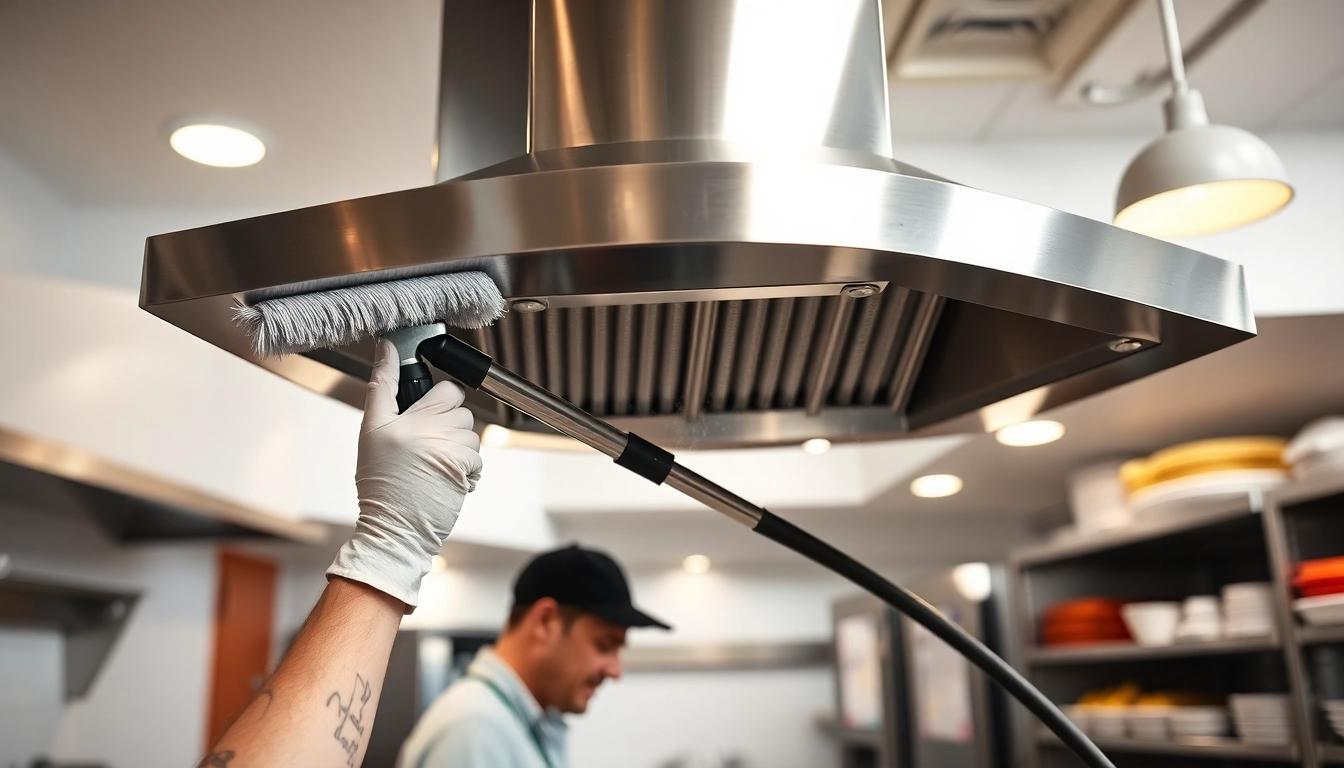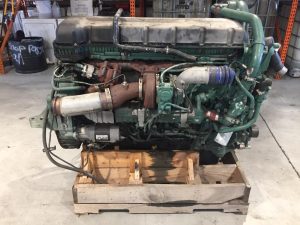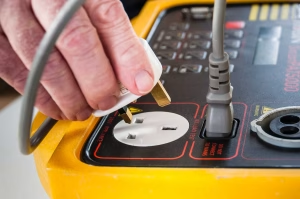Enhance Safety and Efficiency with Expert Exhaust Hood Cleaning Service
Understanding Exhaust Hood Cleaning Service
What is Exhaust Hood Cleaning Service?
Exhaust hood cleaning service is a specialized procedure that involves the thorough cleaning of kitchen exhaust systems. These systems are crucial components in commercial kitchens, as they play a vital role in ventilating smoke, grease, and odors generated during cooking. Over time, grease and other residues accumulate within the exhaust hoods, ducts, and filters, creating fire hazards and adverse effects on indoor air quality. This service usually includes the cleaning of the entire exhaust system, including the hood, ducts, and fans, ensuring that the kitchen environment remains safe and hygienic.
Importance of Regular Maintenance
Regular maintenance of exhaust hoods is essential for several reasons. First and foremost, it significantly reduces the risk of fires, which are a leading cause of damage in commercial kitchens. According to fire safety regulations, the National Fire Protection Association (NFPA) recommends that kitchen exhaust systems be cleaned at least biannually or more frequently if the kitchen is heavily utilized. Moreover, clean systems enhance the efficiency of ventilation, leading to improved air quality and comfort in the kitchen. Regular cleaning can also prolong the lifespan of kitchen equipment, potentially saving businesses from expensive repairs or replacements. Engaging an Exhaust Hood Cleaning service can keep your kitchen compliant with local health and safety regulations.
Common Myths About Exhaust Hood Cleaning Service
Despite the critical nature of exhaust hood cleaning, several common myths still prevail:
- Myth 1: My kitchen doesn’t get that dirty – Regular cleaning is unnecessary.
- Myth 2: Exhaust cleaning services are too expensive and not worth the cost.
- Myth 3: Cleaning can be done by anyone – it doesn’t require professional expertise.
- Myth 4: Once cleaned, the exhaust system doesn’t need to be checked for a long time.
These myths can lead to complacency, increasing risks and costs in the long run. Proper cleaning should be viewed as a necessary investment rather than a mere expense.
Signs That You Need Exhaust Hood Cleaning Service
Identifying Grease Buildup
One of the most obvious indicators that your exhaust hood needs attention is the visible grease buildup on the hood, ducts, and filters. When grease accumulates, it can obstruct airflow and increase fire hazards. Regular inspections can help identify such buildup before it becomes a significant issue.
Unusual Odors and Smoke
If you start to notice unusual smells emanating from your kitchen, this can be a sign of grease in the exhaust system. As grease ignites and smokes, it creates unpleasant odors and indicates that it’s time for a professional cleaning. The presence of smoke may also point toward poor ventilation, emphasizing the need for immediate action.
Impact on Kitchen Safety
The kitchen is often considered the heart of a restaurant or food service establishment. A clean and well-maintained exhaust system is critical for overall kitchen safety. A dirty system increases the risk of grease fires, which can have devastating consequences. Furthermore, poor air quality caused by grease buildup can affect the health of kitchen staff and the quality of food served.
Choosing the Right Exhaust Hood Cleaning Service
Key Qualities to Look For
Selecting the right service provider is crucial for guaranteeing effective results. Consider the following qualities:
- Experience: Look for a company with a proven track record in exhaust hood cleaning.
- Certifications: Ensure the service complies with NFPA guidelines and possesses necessary certifications.
- Insurance: A reputable company should have liability insurance to cover any potential damages.
- Reviews: Check customer reviews and testimonials to gauge the quality of their service.
FAQs to Ask Potential Cleaners
Before hiring a cleaner, it’s essential to ask the right questions:
- What method do you use for cleaning?
- Do you provide before and after images of your work?
- How often should I schedule cleaning?
- Can you provide references from other clients?
Price Factors and Estimates
The cost of exhaust hood cleaning can vary based on several factors, including:
- Size of the exhaust system
- Type of kitchen (commercial vs. residential)
- Frequency of cleaning
- Additional services required (e.g., deep cleaning of ducts)
It’s advisable to obtain estimates from multiple providers to assess the market rates and ensure you receive a fair price.
Process of Professional Exhaust Hood Cleaning Service
Step-by-Step Cleaning Procedure
The cleaning process typically follows these steps:
- Initial Inspection: Assess the system to identify specific cleaning needs.
- Preparation: Cover nearby surfaces and disconnect power to the system.
- Degreasing: Apply degreasing agents to loosen grease buildup.
- Mechanical Cleaning: Use brushes and vacuums to remove debris.
- Final Inspection: Check the system to ensure everything is clean and functional.
Tools and Techniques Used
Professionals utilize specific tools and techniques to ensure a thorough job:
- High-Pressure Steam Cleaners: Effective at removing tough grease and grime.
- Rotating Brushes: Help agitate and remove accumulated debris.
- Vacuum Systems: Capture loose particles and keep the area clean.
Post-Cleaning Maintenance Tips
After a cleaning service, maintaining cleanliness is vital. Here are some tips:
- Regularly check filters and clean or replace them as necessary.
- Adopt a daily cleaning routine for surfaces to minimize grease buildup.
- Monitor for any signs of odor or smoke that could indicate additional cleaning is needed.
The Benefits of Regular Exhaust Hood Cleaning Service
Improved Fire Safety
Regular cleaning significantly reduces the risk of grease fires, which can devastate a restaurant. By ensuring that flammable substances are removed, kitchens become safer for staff and customers alike. Adhering to recommended cleaning schedules not only protects property but can also save lives.
Enhanced Kitchen Hygiene
Regularly cleaned exhaust hoods and vents promote better kitchen hygiene. The absence of built-up grease and debris reduces the risk of bacteria and pest infestations, ensuring that the food prepared is safe and healthy. Improved hygiene also translates into better customer satisfaction, enhancing the overall reputation of the establishment.
Better Equipment Performance
A clean exhaust system can enhance the efficiency of kitchen ventilation equipment, leading to lower energy costs. When airborne contaminants are efficiently removed, cooking equipment can function optimally, thereby improving cooking quality and reducing operational downtime. This translates into cost savings for the business over time.












Post Comment